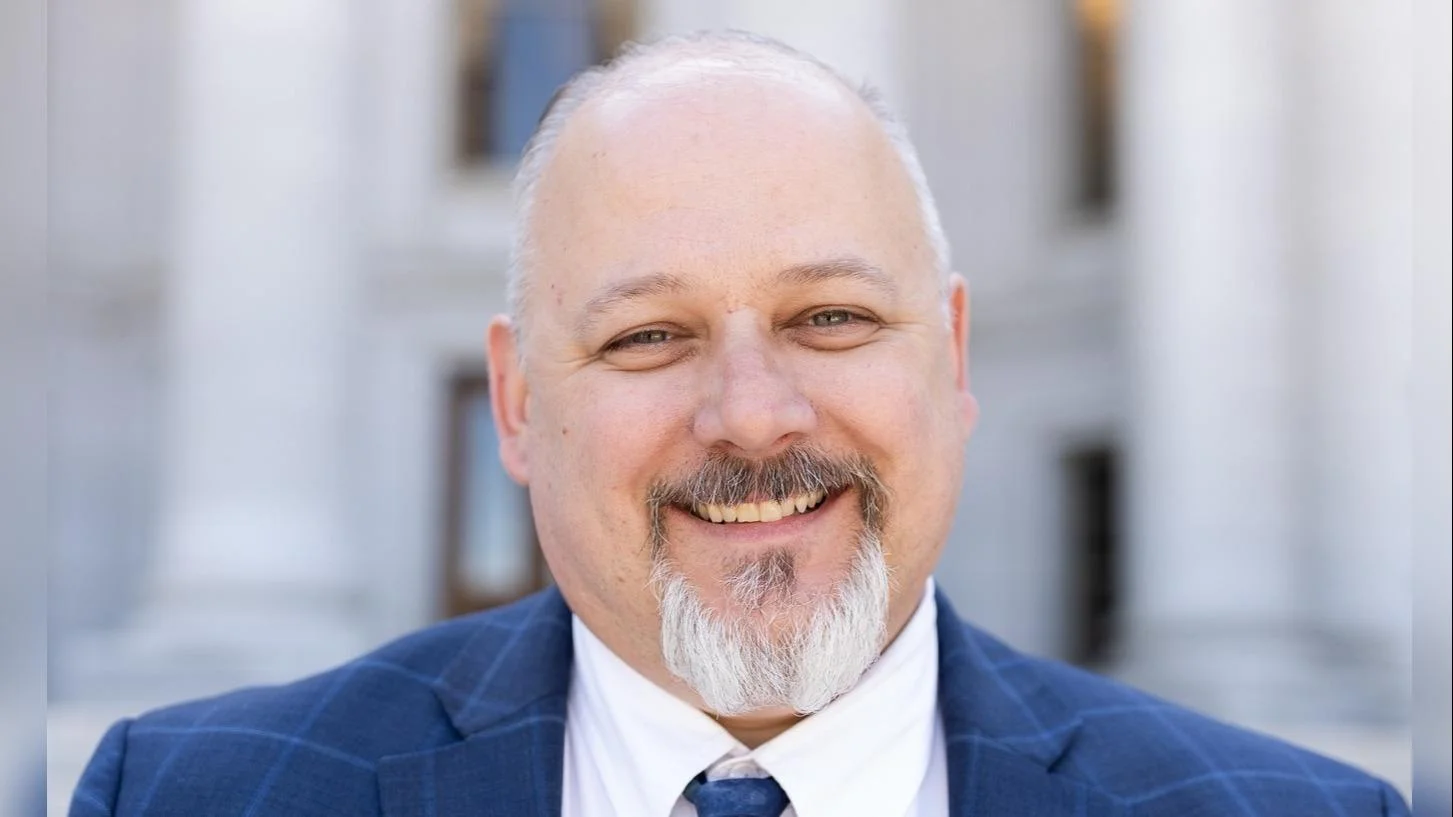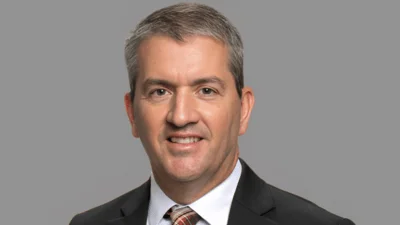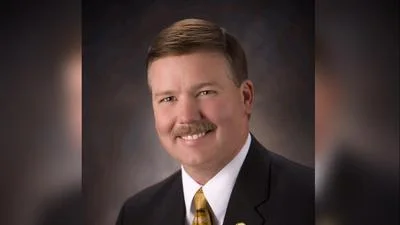Jesse L. James, Wisconsin State Senator for 23rd District | Official Facebook
Jesse L. James, Wisconsin State Senator for 23rd District | Official Facebook
According to the Wisconsin State Legislature's official website, the bill was described as follows: "special circumstances battery to a community service officer and providing a penalty".
The following is our breakdown, based on the actual bill text, and may include interpretation to clarify its provisions.
In essence, this bill amends existing statutes to categorize intentionally causing or threatening to cause bodily harm to a community service officer, in response to actions taken in an official capacity, as a Class H felony. Currently, such offenses against judges, prosecutors, and law enforcement officers already fall under this classification. The bill specifies that offenders must be aware, or should reasonably be aware, of the victim's official status, extending these protections to the family members of community service officers as well. By recognizing community service officers under these special circumstances, the bill imposes more severe legal repercussions for crimes against them, reflecting the serious nature of interfering with their duties.
The bill was co-authored by Representative Joy L. Goeben (Republican-5th District). It was co-sponsored by Representative Scott Allen (Republican-82nd District), Representative David Armstrong (Republican-67th District), and Representative Elijah R. Behnke (Republican-6th District), along with nine other co-sponsors.
Jesse L. James has co-authored one other bill since the beginning of the 2025 session, with none of them being enacted.
James graduated from Chippewa Valley Technical College in 2001.
James, a Republican, was elected to the Wisconsin State Senate in 2023 to represent the state's 23rd Senate district, replacing previous state senator Kathy Bernier.
In Wisconsin, the legislative process starts when a senator, constituent, group, or agency proposes an idea for a bill. After drafting, the bill is introduced, numbered, and referred to a committee for review and public input. If approved, it moves through three readings and votes in both the Senate and Assembly. Once both chambers pass the same version, the bill goes to the governor, who can sign it, veto it, or let it become law without a signature. Only a small share of bills introduced each session ultimately become law. You can learn more about the Wisconsin legislative process here.
| Bill Number | Date Introduced | Short Description |
|---|---|---|
| SB17 | 02/05/2025 | Special circumstances battery to a community service officer and providing a penalty |





 Alerts Sign-up
Alerts Sign-up